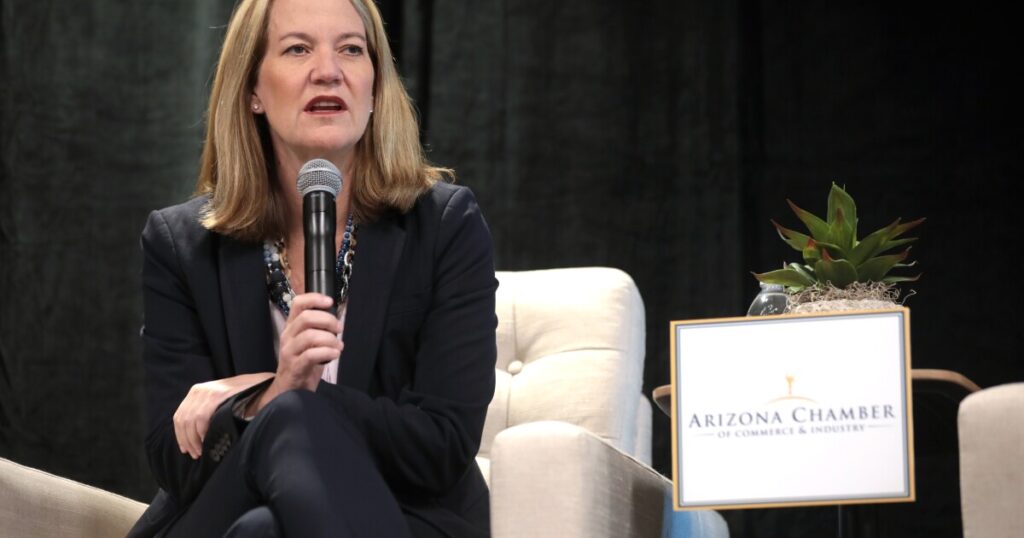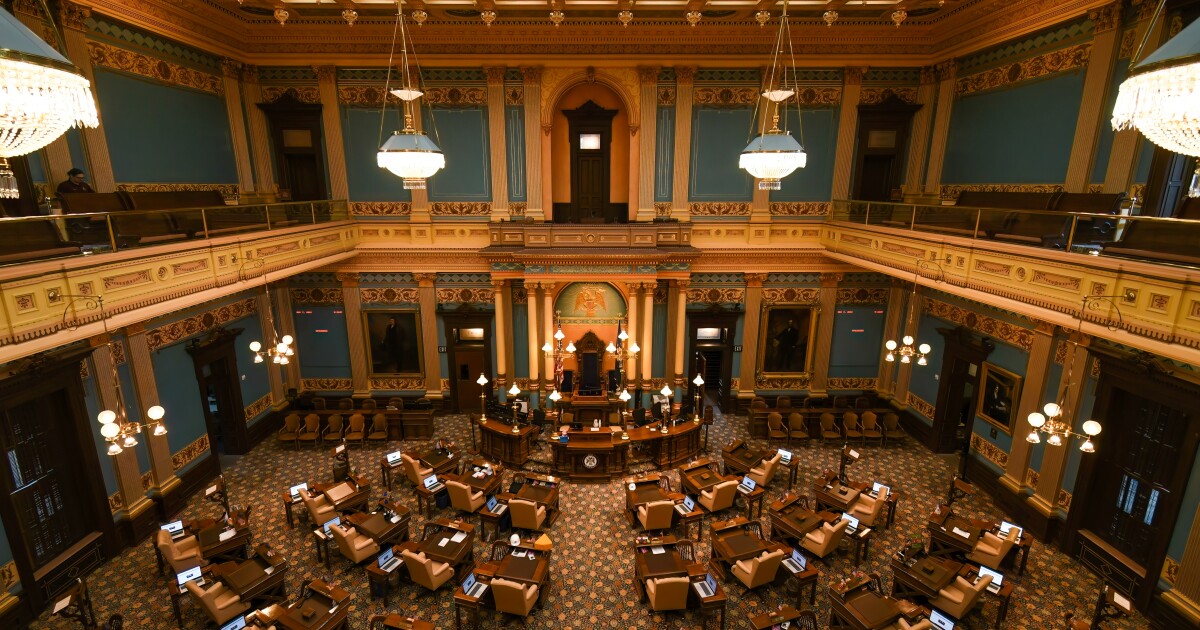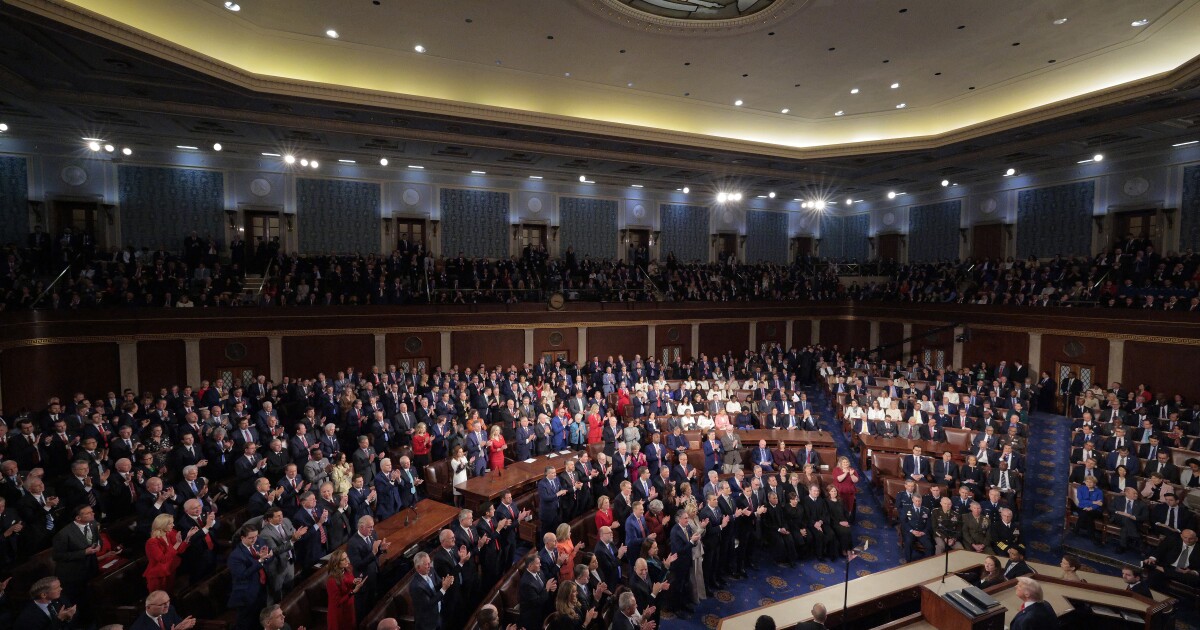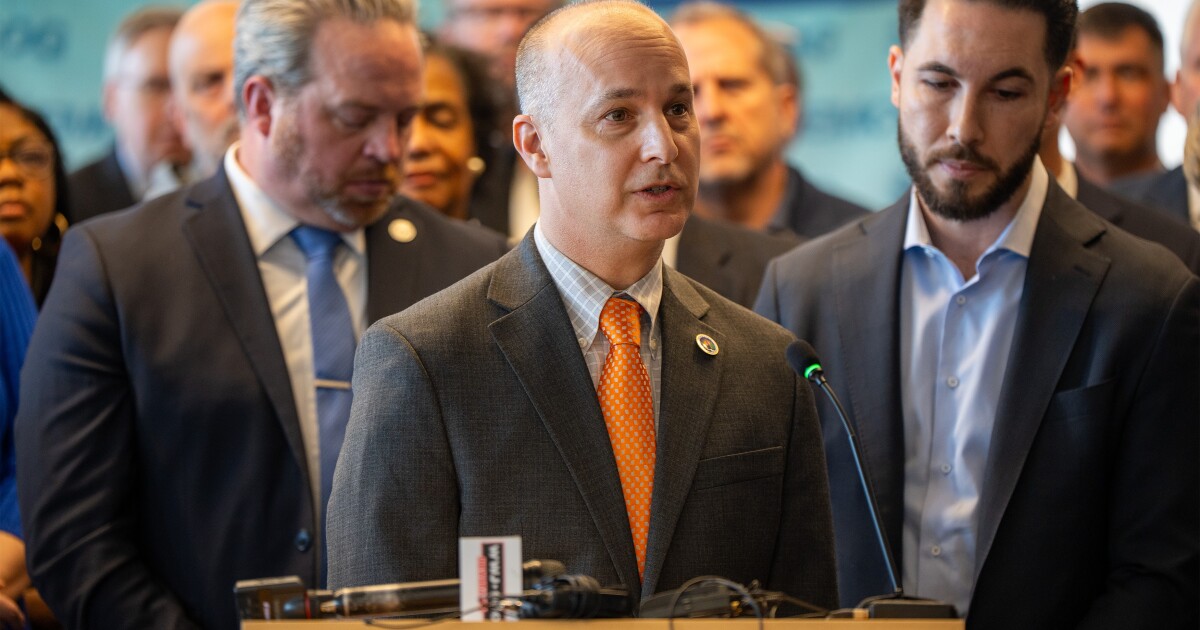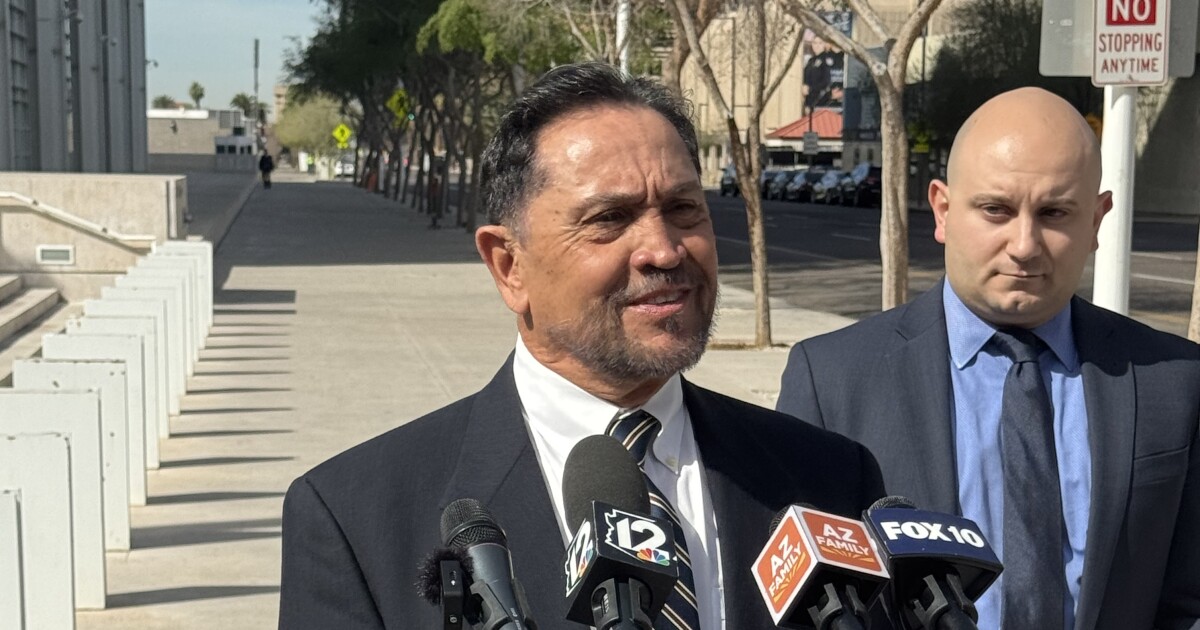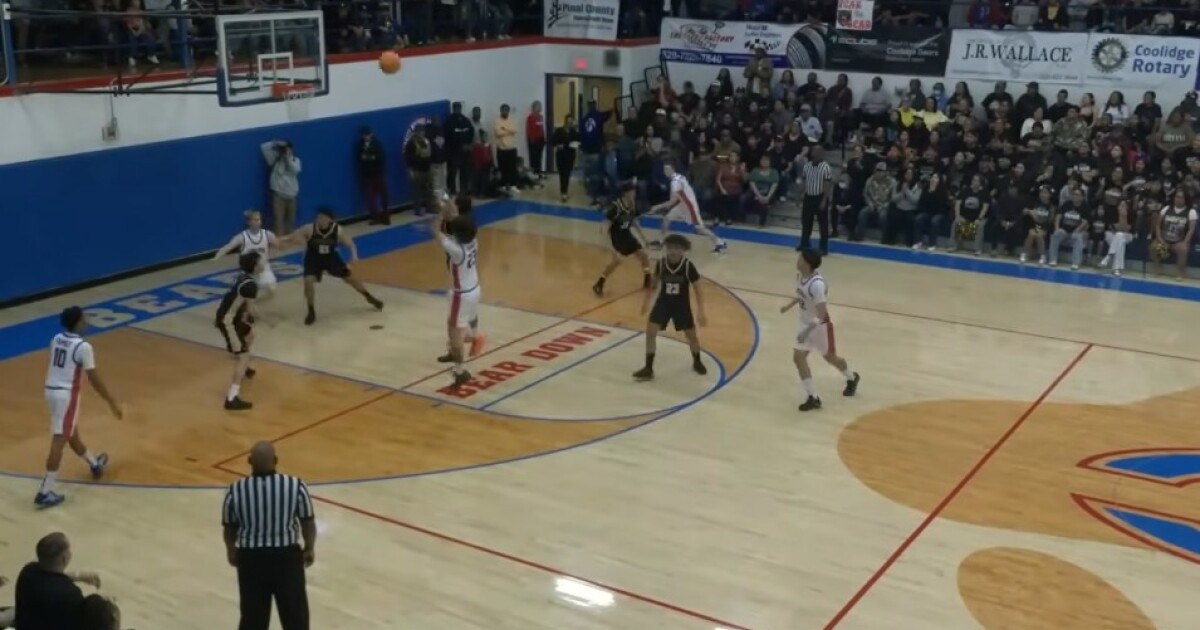Pursuit of Legal Action Against Arizona Fake Electors Continues
In a controversial legal battle, Arizona Attorney General Kris Mayes is determined to challenge a ruling that dismissed charges against 11 Republicans who falsely claimed to be the state’s electors in the 2020 presidential election. The legal journey may ultimately reach the U.S. Supreme Court as Mayes seeks to hold these individuals accountable for their actions.
Mayes’ office confirmed the decision to seek further judicial review after the indictment was nullified by Maricopa County Superior Court Judge Sam Myers. The indictment implicated not only the false electors but also seven others, including former Trump administration officials, in a scheme to overturn the election results.
The group is accused of attempting to create uncertainty around the election outcome by submitting documents that falsely represented them as the legitimate electors. This maneuver aimed to persuade Vice President Mike Pence to reject the official results, potentially allowing Congress to re-elect Donald Trump by default.
The path forward for Mayes is fraught with challenges. The initial dismissal by Judge Myers was based on the argument that grand jurors were not informed about an 1887 federal law addressing the issue of competing electors. This law provides a framework for handling such disputes, which the defendants claim justified their actions.
Following the judge’s decision, a three-judge panel unanimously upheld the dismissal, prompting Mayes to seek a reversal of this outcome. However, even if the Supreme Court decides to hear the case, additional legal obstacles remain.
Legal and Political Implications
One significant hurdle involves Arizona’s Strategic Lawsuit Against Public Participation (SLAPP) statute, designed to protect individuals from legal actions that stifle free speech on political matters. Judge Myers previously indicated that the indictment might infringe upon protected speech, necessitating a response from the attorney general’s office.
Another complication arises from a motion filed by Christina Bobb, a former Trump attorney named in the indictment, seeking to disqualify Mayes and her team from the case. She argues that the investigation relied heavily on a report by the States United Democracy Center, which outlined potential charges against the accused parties.
As these legal proceedings unfold, the case could extend into the 2026 election cycle, coinciding with Mayes’ bid for re-election. Her narrow victory in the previous election underscores the potential political ramifications, as a Republican successor could alter the course of the prosecution.
For further details, read more about the legal intricacies and ongoing developments here.
—
Read More Arizona News

